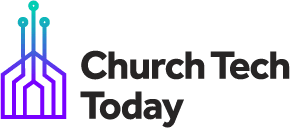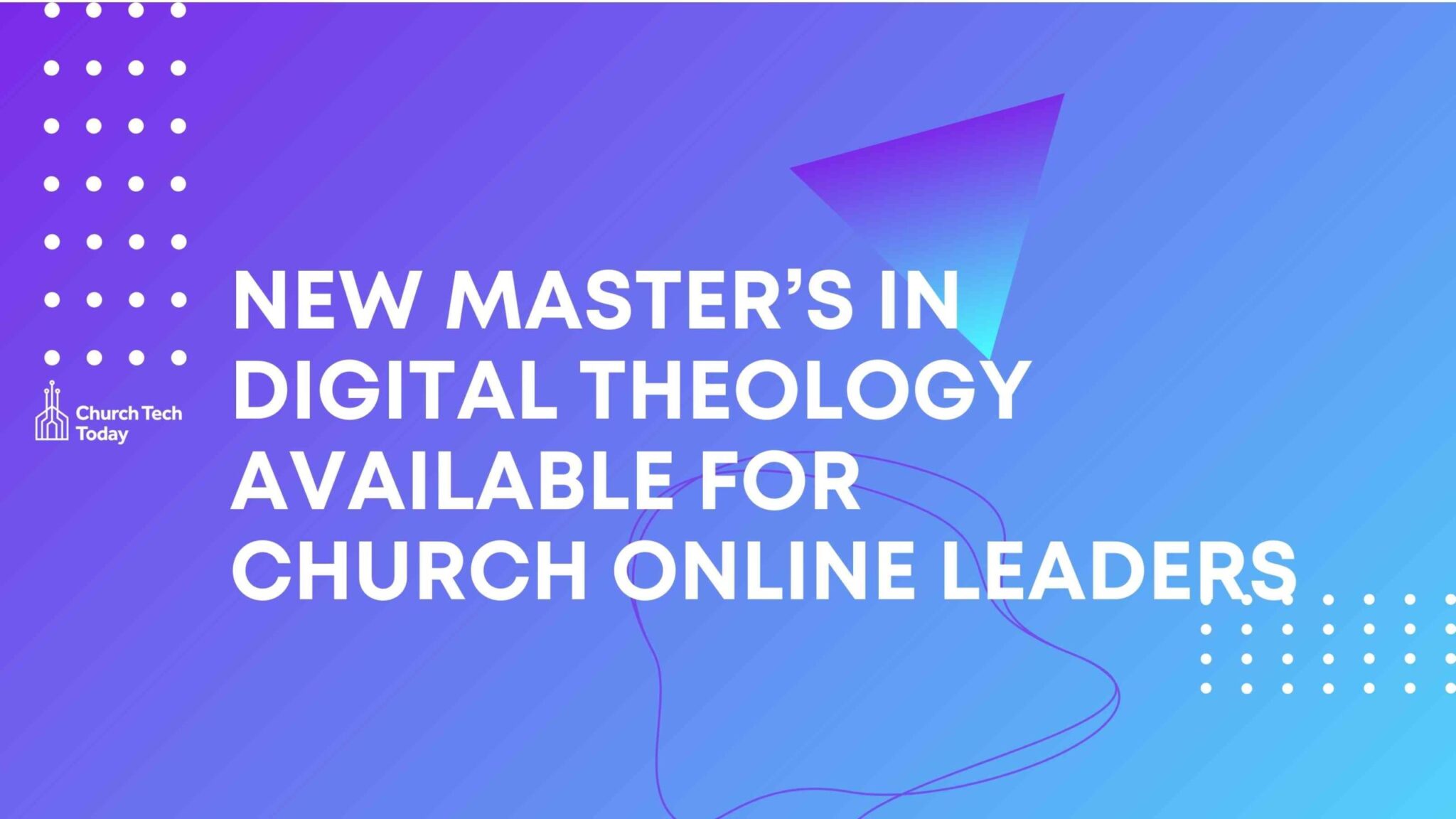Studies show that churches will continue to conduct ministry online post-COVID-19. For some segments of attendees, church online has become their preferred method of church attendance and pastors are feeling the increased need for skills in areas such as administering the sacraments online and encouraging discipleship in settings beyond weekly sermon delivery via live stream.
THE INCREASED NEED FOR DIGITAL MINISTRY
Barna shared in its recent State of the Church Report that 7 in 10 church-going adults (70%) agree that churches should use digital resources to reach and engage their neighborhoods and that 63% believe churches should use digital resources for spiritual formation and discipleship.
Barna research commentary notes that “The digital space requires a unique level of intentionality to engage users and still cultivate personal connections.” “The world beyond the COVID pandemic will be a different place for the global Church. It will be a place where people will gather around the scriptures, share fellowship with one another, and worship God both in church buildings and online,” said Pete Phillips, Ph.D., director of Premier’s Center for Digital Theology.
“A hybrid model offers greater access for those new to the church and for those who cannot get to onsite worship for whatever reasons, and it requires the Church to go through its own digital transformation – training up worship pastors, preachers and discipleship leaders for a networked society.”
CHURCH ONLINE REQUIRES NEW MINISTRY MODELS
Spurgeon’s College in the U.K. has partnered with Premier Insight to create a digital theology master’s degree to equip leaders for this task. Part of that training revolves around the idea of administering the sacraments virtually, such as exploring at-home communion, “Zoom” baptisms, and options such as chat rooms to take the place of in-person greeting time or “passing the peace,” Barna suggests.

With half of churchgoers still using the internet as a substitute for physical in-person church services since the pandemic, according to Barna, it’s clear that hybrid church models must expand their online offerings to include discipleship and spiritual growth resources like small groups, Bible studies, and times of prayer, beyond merely streaming worship services. This also makes it possible for the full Body of Christ to participate, whereas before, elderly shut-ins or individuals with disabilities may have been excluded from all of these practices.
RELATED: 3 VITAL MISTAKES TO AVOID AS YOU LEARN TO PASTOR ONLINE
A church study out of Scotland actually showed substantially greater church participation and community involvement once these congregations began providing online worship and other content. With the Church of Scotland reporting as much as 430% growth as a result, it’s no wonder that 92% of these churches will continue offering some form of weekly online worship.
With most churches not expecting to reach pre-COVID attendance levels for some time, there has been a learning curve for pastors in figuring out how to handle those who have engaged with their message or mission outside of their facility, according to author and pastor Carey Nieuwhof. “Moving forward,” he writes, “many church leaders will realize that people who are engaging virtually will count just as much as those who are attending in a facility.”
CHURCH LEADERS NEED TRAINING IN DIGITAL THEOLOGY
The Premier’s Centre for Digital Theology Master’s in Digital Theology offers a unique opportunity for theological reflection on digital culture and its impact on contemporary religious practice. The program prepares men and women for ministry and mission in a digital age. The degree can be taken online, onsite in London, or in a hybrid mode, both full-time over 2 years or part-time over 4. Topics explored during the course include:
- How we think theologically about digital culture and how we might apply digital methodologies to our theological thinking
- How key theological themes are impacted by serious engagement with digitality – what do we mean by incarnation in a digital world; how do we live ethically amidst digital technology?
- How religious practice adapts within a dominant digital culture, and what the boundaries to that adaptation are
For more information about the digital theology course, see www.digital-theology.org.
RELATED: 2 THINGS I WISH I’D DONE DIFFERENTLY WHEN STARTING AN ONLINE CHURCH




